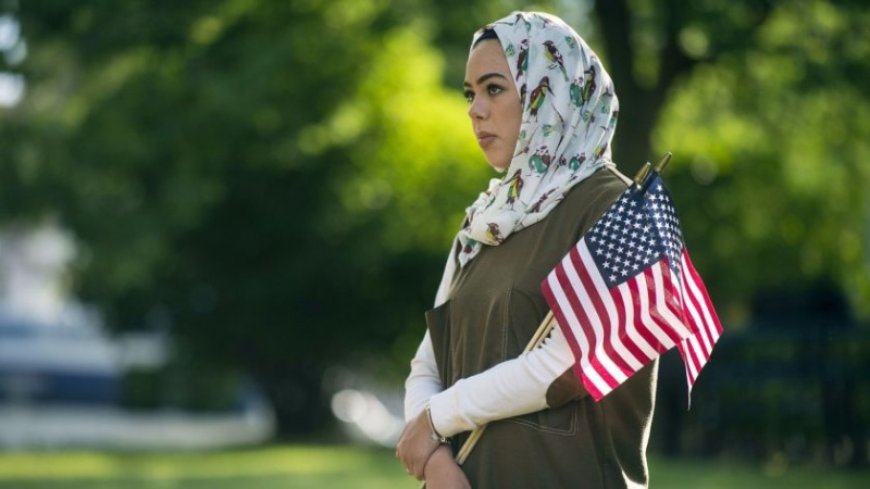Report Notes Growing Islamophobia at California Universities
Uncovering alarming data on the experiences of Muslim students in state colleges, a new study by the California branch of the Council on American-Islamic Relations (CAIR) Under the title "The State of California Universities in 2024," the paper notes that, mostly due to their religious identification, almost half of Muslim students—49 percent—across 87 universities and higher education institutions in California have experienced harassment and discrimination.

Uncovering alarming data on the experiences of Muslim students in state colleges, a new study by the California branch of the Council on American-Islamic Relations (CAIR) Under the title "The State of California Universities in 2024," the paper notes that, mostly due to their religious identification, almost half of Muslim students—49 percent—across 87 universities and higher education institutions in California have experienced harassment and discrimination.
With 37 percent of Muslim students claiming that their professors or university staff had shown them bias, the research also draws attention to a serious problem with discrimination by educational personnel. Since 47 percent of students who experienced mistreatment chose not to disclose the events to university authorities, this prejudice sometimes results in a sense of uncertainty. Moreover, 36 percent of students said they couldn freely express their political views on university, particularly in the current environment of increased political conflict.
Recent events, especially in response to solidarity demonstrations for Palestine starting at Columbia University in mid-April and extending to colleges all throughout the United States and abroad, have aggravated this situation. American colleges have responded by tightening policies against students with police forcefully detaining many during these demonstrations. Unbelievably, some Muslim students suffered the illegal act of their hijabs being taken off in police custody.
The stifling of these demonstrations goes beyond university events. Under investigation for their actions in addressing or reacting to student and staff demonstrations in support of Gaza are several well-known personalities including members of the U.S. Congress and the presidents of esteemed institutions including Harvard, the University of Pennsylvania, and MIT. Congress passed a resolution denouncing students at several colleges who expressed sympathy for Palestinians and attacked Israeli activities in Gaza, which preceded this inquiry.
Emphasizing systematic problems of discrimination, censorship, and political repression that have been especially clear in recent months, this paper highlights the mounting difficulties Muslim students encounter in U.S. institutions. The results demand more attention to the defense of students' rights to religious freedom and free expression on university grounds.













































